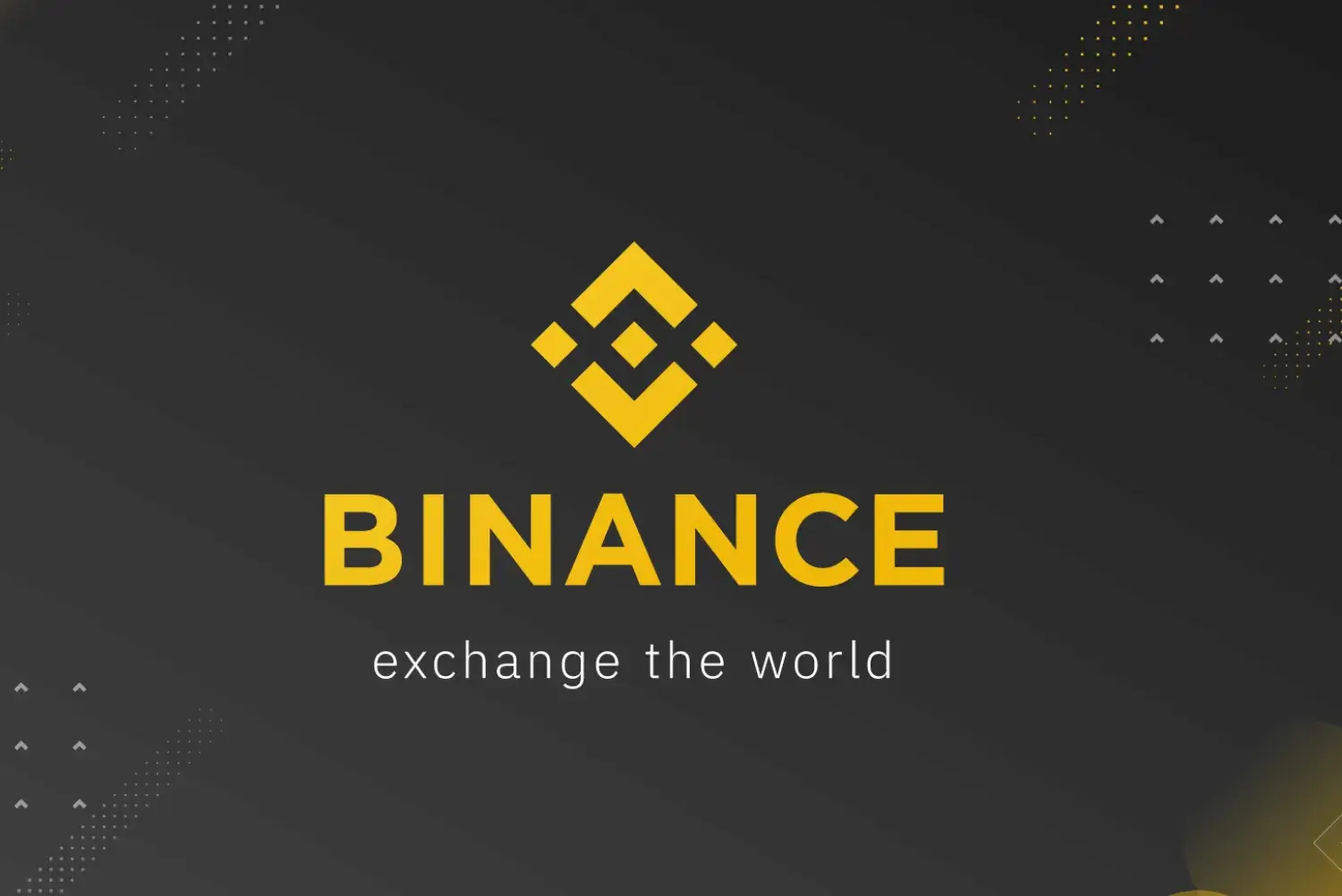Binance, one of the world’s leading cryptocurrency exchanges, operates in various countries with tailored services to comply with local regulations. A common question among crypto enthusiasts and traders is whether Binance US is different from the global Binance platform. This article aims to shed light on the distinctions between these two platforms.
Regulatory Compliance and Availability
The primary difference lies in regulatory compliance. Binance US operates with the necessary licenses and compliances required by the United States’ regulatory bodies. This ensures that users from the US are participating in a platform that adheres to the country’s laws and regulations regarding cryptocurrency trading.
Supported Cryptocurrencies
Another notable difference is the range of supported cryptocurrencies. Due to specific regulatory requirements in the US, Binance US offers a more limited selection of cryptocurrencies compared to its global counterpart. This means that some digital assets available on the global platform may not be accessible to users of Binance US.
Trading Fees and Features
While both platforms strive to offer competitive trading fees, there may be slight variations in the fee structure and trading features available. Binance US users might encounter different fee schedules and trading options, tailored to meet the regulatory and market demands of the United States.
User Experience
The user experience, including the interface and customer support, is designed to cater to the local audience. Binance US users might find the platform more aligned with their preferences and requirements, considering the specific needs of American traders.
Conclusion
In conclusion, while Binance US and the global Binance platform share the same core mission of providing a secure and efficient trading environment, they differ in aspects such as regulatory compliance, available cryptocurrencies, and specific features tailored to meet the needs of their respective markets.
For those looking to explore the world of cryptocurrency trading, both platforms offer unique advantages. It’s essential to consider your location, trading needs, and the specific offerings of each platform before making a decision.

 Exploring BTC Price Variations Across Exchanges
Exploring BTC Price Variations Across Exchanges